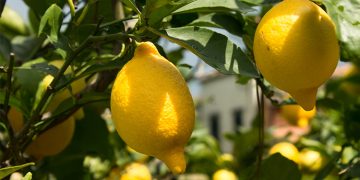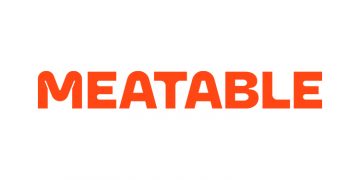Valio is launching an extensive research, development and innovation project called Food 2.0. Its goal is to create a Finnish nature-smart food system in which growth, profitability and added value are built on the basis of sustainable production. The duration of the programme is five years, and it will start this year. The Food 2.0 project has been granted EUR 10 million funding in Business Finland’s challenge competition for leading companies. In addition, Business Finland is preparing to fund ecosystem projects on Food 2.0 roadmap with EUR 20 million. Business Finland is a Finnish government organization for innovation funding and trade, travel and investment promotion.
Valio’s role is to initiate and lead wide-ranging cooperation as well as research and development projects with its current and new partners. Hundreds of companies and other operators are connected to the food system in Finland, and the goal is to have at least one hundred partners in the network. Valio’s and the ecosystem’s goal is to invest EUR 100 million more in research and development activities over five years and to increase exports connected to the food system by more than EUR 1 billion in the following years after the project has ended. Valio is the first food company that Business Finland has chosen as a leading company.
“It is important that we reform the food system with all the actors involved, as that is the only way that we will succeed in the change. The global transformation of food production is also an opportunity for Finnish production, as global demand for food and the importance of northern production areas are growing. By being a forerunner in sustainable food production, we can create added value for food produced in Finland while improving its profitability and international competitiveness,” says Tuomas Salusjärvi, EVP, Growth Businesses and R&D at Valio.
“Business Finland wants to be strongly involved in the work aimed at reforming the food system. All our services contribute to strengthening the goals set by this project”, says Business Finland Director-General Nina Kopola.
The global food system is changing
The current global food supply chain is facing challenges: the world’s population is growing, and the need for food is estimated to double by 2050. Extreme weather conditions, especially droughts, will increase with climate change in areas where majority of food is currently produced. Therefore, the importance of northern regions, such as Finland, in food production is growing. Recent global crises, such as the coronavirus pandemic and Russian aggression in Ukraine, disrupt food supply chains and threaten the security of supply. The world situation has also raised the prices of key inputs such as fertilisers and energy. This is why primary producers are struggling with unprecedented profitability challenges in Finland.
At the same time, the environmental impact of food production must be reduced. The entire food system – both plant and animal production – must operate more comprehensively in accordance with the principles of circular economy and resource efficiency.
“At the same time, we need to solve the profitability challenge of food production, meet the demands of the growing export markets and move towards more sustainable production methods. A new, more sustainable food system will build growth for food exports and also create new export opportunities, for example, in circular economy and digitalisation solutions. Rethinking the food system is also essential for the environment and food security,” says Salusjärvi.
In a sustainable food system, nutrients, energy and side streams circulate. The aim is to save natural resources, i.e. to use all resources efficiently and sustainably as well as to keep them in circulation for as long as possible without generating waste. Valio already works hard to achieve this in its own operations, but in the future, we will also need more cooperation between different industries, production methods and companies so that a genuine circular economy can be realised in food production.




















